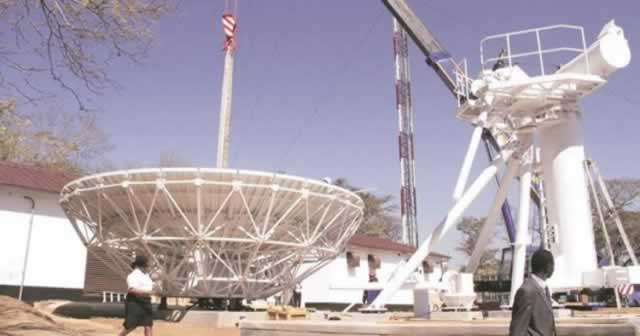The Parliamentary Portfolio Committee on Information, Media, and Broadcasting Services has expressed great concern over the delays in the completion of the country’s digitisation which missed the 2017 deadline having started in 2015.
Digitisation of the broadcasting industry refers to migration from analogue to digital platforms which are more efficient.
The International Telecommunications Union (ITU) had set 17 June 2015 as the deadline for countries to have digitised their broadcasting sector, a deadline which Zimbabwe fell far short of meeting.
After setting for itself a fresh deadline of March 2016, Zimbabwe went on to miss it before pushing the completion of the exercise to mid-2017, which also was not to be.
Once completed, the programme, estimated at 40 percent now, would result in the creation of more frequencies to accommodate more television stations in the country, among other benefits.
Having missed a number of deadlines because of funding challenges, the project is now set to be completed by September 2022 which is also highly unlikely.
“The Committee noted with great concern the slow pace of progress with regards to the installation of digital transmitters as this is slowing the completion of the digitisation project,” said Matabeleland South proportional representation legislator, Sipho Mokone, while presenting the committee’s report Tuesday.
“It was noted that BAZ (Broadcasting Authority of Zimbabwe) was installing two or three transmitters per year since the commencement of the project in 2015. At their current pace they would take almost 15 years to install all the 48 transmitters.”
She further said: “The Committee observed that the slow pace of migration to digital was short changing the players putting investment in broadcasting as they will operate on an analogue system which is associated with poor quality.”
BAZ licensed new television broadcasters which are expected to produce quality programmes, but only 18 transmitters were digitally completed.
“This will affect their profitability due to low viewership,” decried Mokone.
“It was noted that several transmission sites did not have the much-needed security which made them vulnerable to theft and vandalism of equipment. The Committee noted that there was a need to educate members of the public on the use of satellite signals. Transmedia should provide education to the citizens, especially in remote areas on how they can use the satellite signals to receive news and information. Transmedia should also demonstrate how the gadgets (Set-top boxes) can be used in order to receive satellite signals.”
Mokone said the Committee was disturbed by the slow pace being taken by ZBC in the installation of digitised studios.
“Further, the Committee was concerned that some of the technologies at ZBC were being redundant way before their use due to lack of adequate funding on time,” said Mokone.
“It was observed that a further delay in the completion of the digitisation project would lead to the equipment reaching its lifespan to the point that it would require replacement before being used for the benefit of the citizens.”
The committee among many other recommendations recommended that the Ministry of Finance and Economic Development should timeously disburse the funds to the Ministry of Information, Publicity, and Broadcasting Services to enable the Ministry to complete the digitization project and assist the same in accessing foreign currency to acquire digital transmitters by August 2022.

